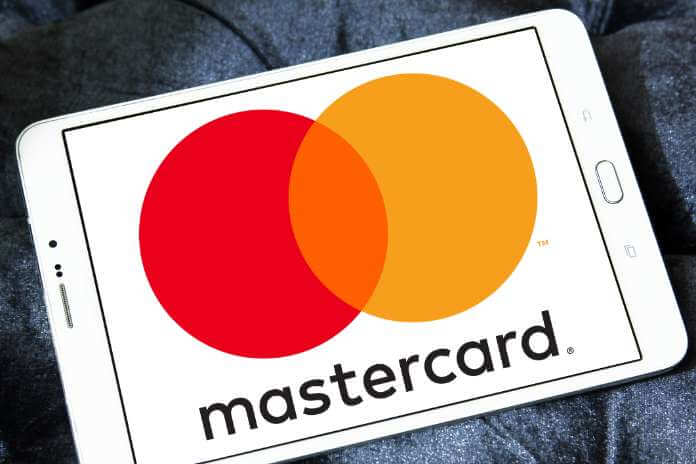Mastercard Inc. (NYSE:MA) revised its full-year revenue growth forecast downward, attributing the adjustment to foreign-exchange headwinds beyond the company’s control, as first-quarter spending on the payment giant’s network failed to meet estimates.
In a presentation on Wednesday, the company announced that net revenue growth for 2024 is expected to be at the low end of low double digits, compared to previous guidance of growth at the high end of low double digits. During a conference call with analysts, Chief Financial Officer Sachin Mehra stated that currency exchange is anticipated to act as a headwind due to the recent appreciation of the US dollar.
Mehra elaborated on the foreign exchange challenges, acknowledging factors both within and outside the company’s control. He emphasized the company’s readiness to adjust its outlook accordingly should circumstances change.
Excluding acquisitions and on a currency-neutral basis, the guidance for net revenue remained unchanged from prior forecasts, with growth anticipated to be at the high end of low double digits.
Shares of the Purchase, New York-based company dipped by 0.9% at 12:13 p.m. in New York, following a 5.8% climb earlier this year.
Although total network spending volume increased by 8.6% from the previous year to $2.29 trillion, it fell short of estimates which projected $2.32 trillion. However, adjusted earnings for the year’s first three months amounted to $3.31 per share, surpassing the Bloomberg survey’s average estimate of $3.23.
Mastercard’s CEO Michael Miebach highlighted the company’s continued momentum in a statement, citing strong revenue and earnings growth driven by robust consumer spending, substantial cross-border volume growth of 18% year-over-year, and new deal wins across all regions.
Rival Visa Inc. (NYSE:V) also exceeded earnings estimates, reporting adjusted net income of $5.1 billion for the first quarter as spending increased, while American Express Co. (NYSE:AXP) witnessed an 11% revenue surge in the same period.
During the quarter, both Mastercard and Visa reached one of the largest antitrust settlements in history, agreeing to cap credit-card interchange fees and allowing merchants to adjust pricing strategies. The agreement, subject to court approval, is projected to save merchants at least $30 billion over five years.
Mastercard reported that its customers had issued 3.4 billion Mastercard- and Maestro-branded cards by the end of the period.
The competitive landscape has become more crowded with the growth of players like Block Inc. and Stripe Inc., along with the complexity introduced by buy now, pay later options and direct payments from customers’ bank accounts to businesses. Mehra emphasized Mastercard’s preparedness to capitalize on future opportunities, expressing openness to providing various payment options based on consumer preferences.
Featured Image: Megapixl















